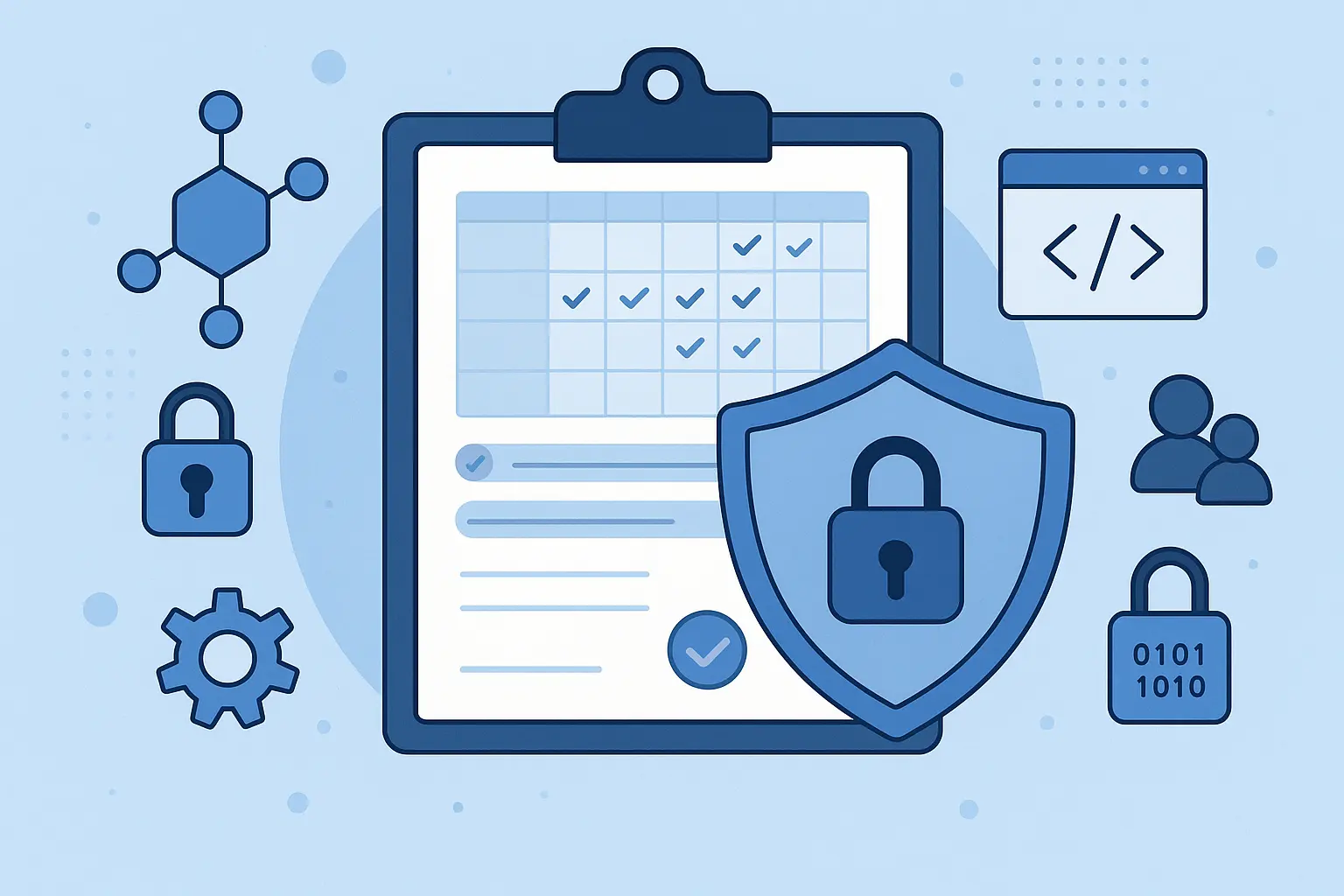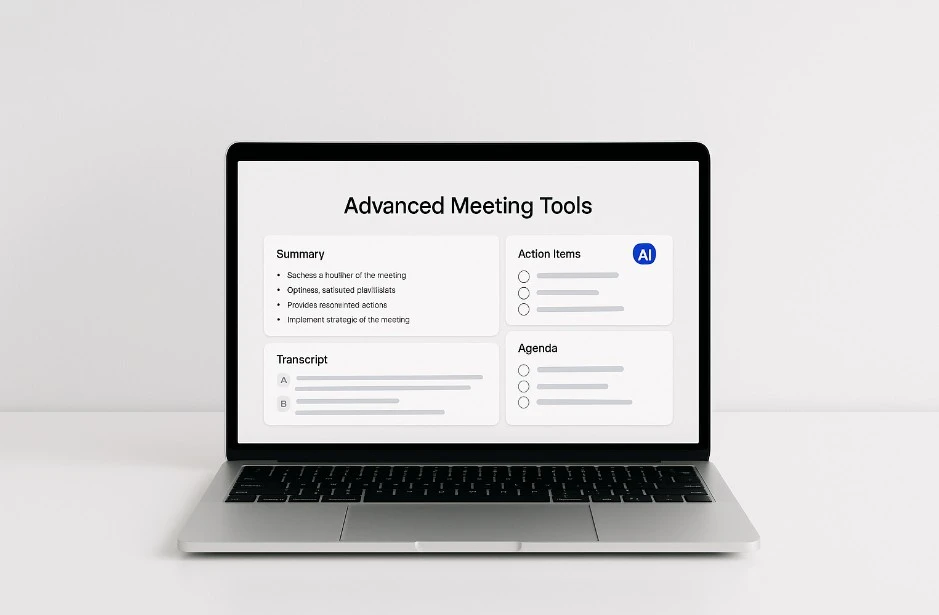IN THIS POST
It’s no mystery that happy, engaged, and high-performing employees can directly contribute to the growth and success of both themselves and the company they work for. Nonetheless, to cultivate elements such as employee engagement, satisfaction, and performance it’s essential to play an active, involved role in the professional lives of those employees.
We’re not suggesting that managers and HR professionals should start micro-managing people – great results can be achieved simply by conducting regular, comprehensive, and effective performance management sessions. To find out more about the best practices and benefits of employee performance management, keep reading this guide.
Employee performance management: Five best practices
Below we illustrate five ways in which you can ensure that employee performance management yields the results you want and expect – professional growth and success for both your workforce and your organization.
Set clear goals and expectations
To begin with, you’ll want to establish what, exactly, your performance management sessions are going to focus on. You might want to structure them following these two frameworks:
- First, make a list of all the areas that you want the session to examine. For example, you could include things such as time management, teamwork, organizational skills, customer-facing skills, and initiative. Whichever topics you choose, make sure that they are accurate and relevant to the person you are reviewing. In some cases, in fact, you might only use a few of all these, whereas in others you’ll end up reviewing every single aspect.
- Next, consider using the SMART goals approach. You’ll want the previously identified areas to be fairly easy to assess, which is why this approach works great. The SMART framework involves choosing goals that are specific, measurable, attainable, relevant, and time-bound. Following this method will enable you to better review and assess the performance of each employee against well-identified goals and expectations.
Harness the right tools
Technology is the backbone of every successful organization, these days, so it will come as no surprise that some tech tools can be extremely helpful when it comes to boosting the effectiveness of your performance management process.
A performance management tool for example, would be a fantastic addition to your current tech stack. This handy tool gives you instant visibility of your entire workforce, helping you make better decisions through intuitive dashboards and reports. With a platform like this, you can also manage employee reviews much more efficiently, boosting productivity and allowing you to retain the best talent. You can also use a free training and assessment tool to create custom quizzes, skills tests, and feedback forms that help track employee progress and identify areas for improvement.
Aside from this piece of software, you’ll also benefit from leveraging solutions such as a CRM, an ERP, and a time management and appointment scheduling tool.
Keep communication open and transparent at all times
Another vital aspect of an effective performance management session is communication. This needs to be as clear, open, and precise as possible throughout – both before, during, and after the session themselves.
For example, if you intend to performance manage your workforce once per quarter, make sure that they know exactly when and where this is happening, and consider sending them a brief agenda of the discussion you are planning on having ahead of the meeting. Doing so will allow them to better prepare for it (and feel less intimidated by it).
Offer actionable and relevant advice
Everything you do during a performance management session needs to be tailored to the specific employee you are dealing with. Assessing the performance of a junior member of staff, for example, will require a different approach compared to the one you’d use for someone who has worked at the company for 20 years.
As a result, the advice you provide during these sessions must be fully relevant to the job role, seniority, and skills of the employee you’re reviewing. Similarly, you’ll want to make sure that any suggestions you make on how to improve their performance are reasonably easy to put into effect, instead of advancing daunting requests.
Incorporate performance management into your main HR process
Employee performance management shouldn’t be a one-and-done activity – quite the opposite. For it to bring you the outcomes you want, performance management should be a pillar of your broader HR processes and activities and something that you perform on a regular basis.
For this reason, you’ll need to ensure that your performance management sessions are offered as frequently as you think is necessary – whether it be monthly, quarterly, or every six months. Try to aim for at least one performance management session per year, as things can change rapidly in today’s fast-paced business world.
Whichever cadence you choose for your performance management sessions, be sure to communicate it promptly to your employees, and send them calendar reminders a few days before the meeting takes place, alongside a brief agenda for the meeting itself.
The importance of employee performance management
Now that we have discussed how you can make the most of your employee performance management sessions, it’s time to talk about something else: the reasons why you should assess your workforce’s performance in the first place. There are many benefits to doing this, but here are five of the most significant ones.
Provide clarity and direction to your workforce
When you establish specific performance-related goals, your employees have a much better, clearer understanding of what, exactly, you expect from them. For example, if you make it crystal clear that a particular job role requires advanced customer-facing skills, the employees in those roles will know that that’s an area they need to focus on in order to keep their performance high.
Showcase your commitment to employee success
Earlier we mentioned how happy, engaged, and high-performing employees can benefit the success and profitability of a company. The same, however, can be said about the employees themselves. When a team member excels, it’s not just the organization that reaps the rewards – it’s the employee, too.
By running regular performance management sessions, therefore, you’ll demonstrate to your employees that you are not only committed to raising the profile of your company but that you are truly dedicated to the personal successes and achievements of your staff, too.
Engage employees and foster a positive workplace culture
Employee engagement is another vital aspect of a thriving business, and performance management can help boost that, too. Through frequent and well-thought-out performance management sessions, you’ll have a chance to engage your employees and empower them to improve their performance – and keep refining the areas in which they are already doing well.
All this, as a result, will contribute to creating a workplace culture that genuinely values each individual and that focuses on boosting the unique skills and qualities that every team member brings to the table.
Retain the best talent
Time and again, research has shown that satisfied, valued, and engaged employees tend to stick with their company for longer. If these employees are also extremely talented, then you are in the privileged position to be able to retain some of the highest-skilled people in your industry.
In turn, you won’t need to go through expensive, time-consuming, and often stressful and frustrating recruitment processes to try and find the right professionals for your company.
Beat the competition
As a natural follow-up to the previous benefit, our last point is about your competition. Regardless of the industry you operate in, the chances are that you are faced with several rivals. As you probably know, the lifeblood of any thriving organization is its workforce – so, having (and retaining) the best talent is essential.
When you can rely on skilled, experienced, and committed people, you are automatically one step ahead of your competitors. With performance management, you can ensure that every single one of your employees receives the bespoke support and advice they need to not only perform better but to also become an invaluable asset that helps you beat your rivals.
Key takeaways: How employee performance management contributes to growth and success
As we have discussed in this article, employee performance management is an extremely important part of effective and efficient HR operations. Through regular performance management sessions, company managers and HR professionals can demonstrate how committed they are to their employees’ growth and success, foster an empowering workplace culture, and, ultimately, keep the best people and always stay one step ahead of their competitors.
By following the best practices outlined in this guide, you’ll be well on your way to developing and running an employee performance management process that brings the results you want, time and again – for both your organization and your workforce.
Recommended Articles

9 API Security Best Practices Every Booking Platform Needs
BOOKAFY BLOG 9 API Security Best Practices Every Booking Platform Needs IN THIS POST Your organization is like a finely tuned machine where systems work together in harmony to keep

Why Remote Teams Secretly Appreciate Timesheet Software Like Workstatus
BOOKAFY BLOG Why Remote Teams Secretly Appreciate Timesheet Software Like Workstatus IN THIS POST Remote work has transformed how businesses are operated. Different cities; or even nations, are collaborating on

All About Optimizing Your Booking Page for Search Engines
BOOKAFY BLOG All About Optimizing Your Booking Page for Search Engines IN THIS POST Have a booking page, but not getting as many customers as you expected? That could be

From Side Hustle to Full-Time: How ESL Tutors Scale Their Income with Smart Tools?
BOOKAFY BLOG From Side Hustle to Full-Time: How ESL Tutors Scale Their Income with Smart Tools? IN THIS POST Do you remember working at your typical 9-5 job? You might

The Appointment Revolution: How to Schedule Like a Pro with These Simple Hacks
BOOKAFY BLOG How to Schedule Like a Pro with These Simple Hacks IN THIS POST Time significantly impacts how people evaluate their experiences. When time is wasted, customers often remember

Improving Team Efficiency with Advanced Meeting Tools
BOOKAFY BLOG Improving Team Efficiency with Advanced Meeting Tools IN THIS POST Effective meeting coordination is essential for maintaining productivity within teams. By utilizing advanced tools, teams can streamline scheduling

